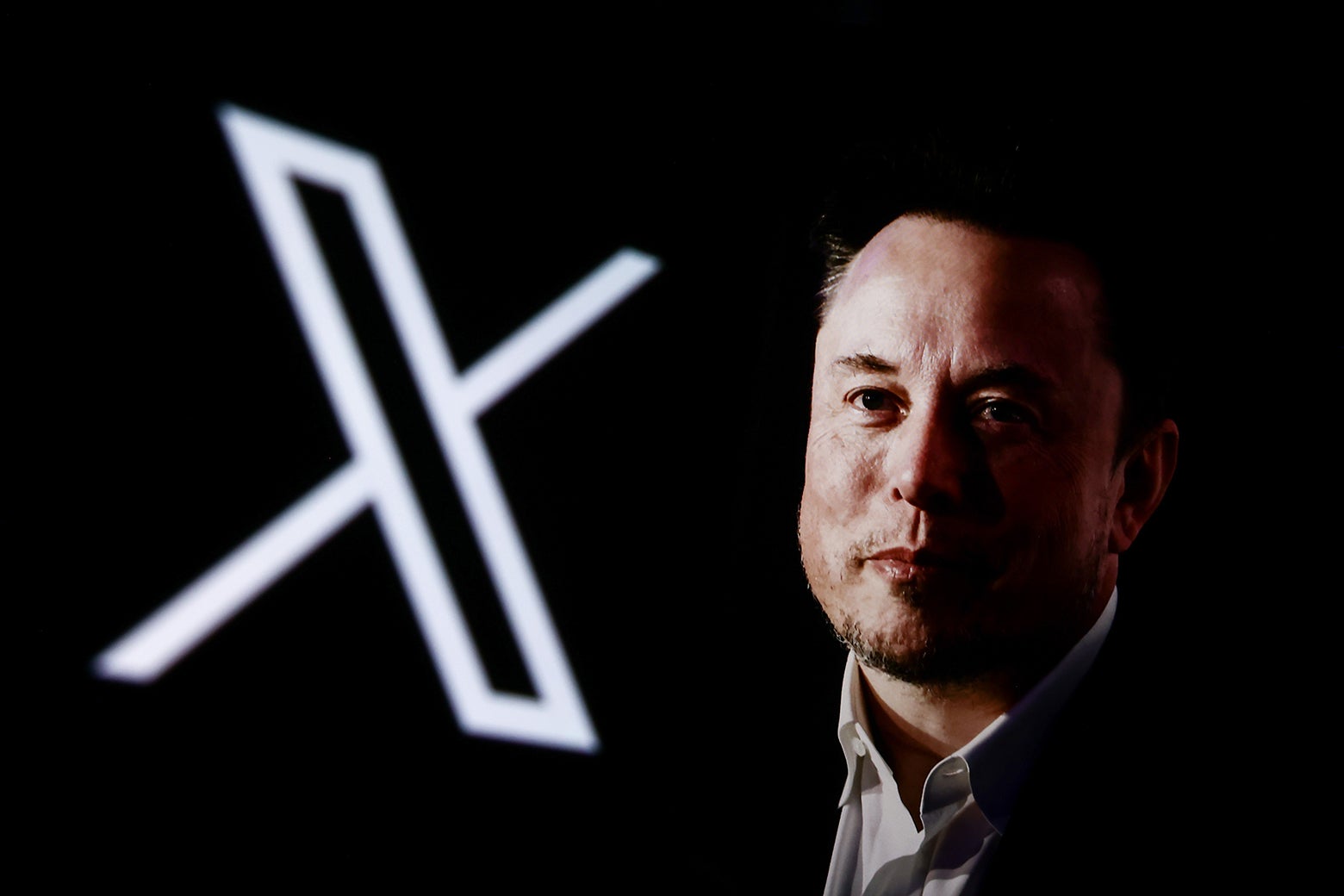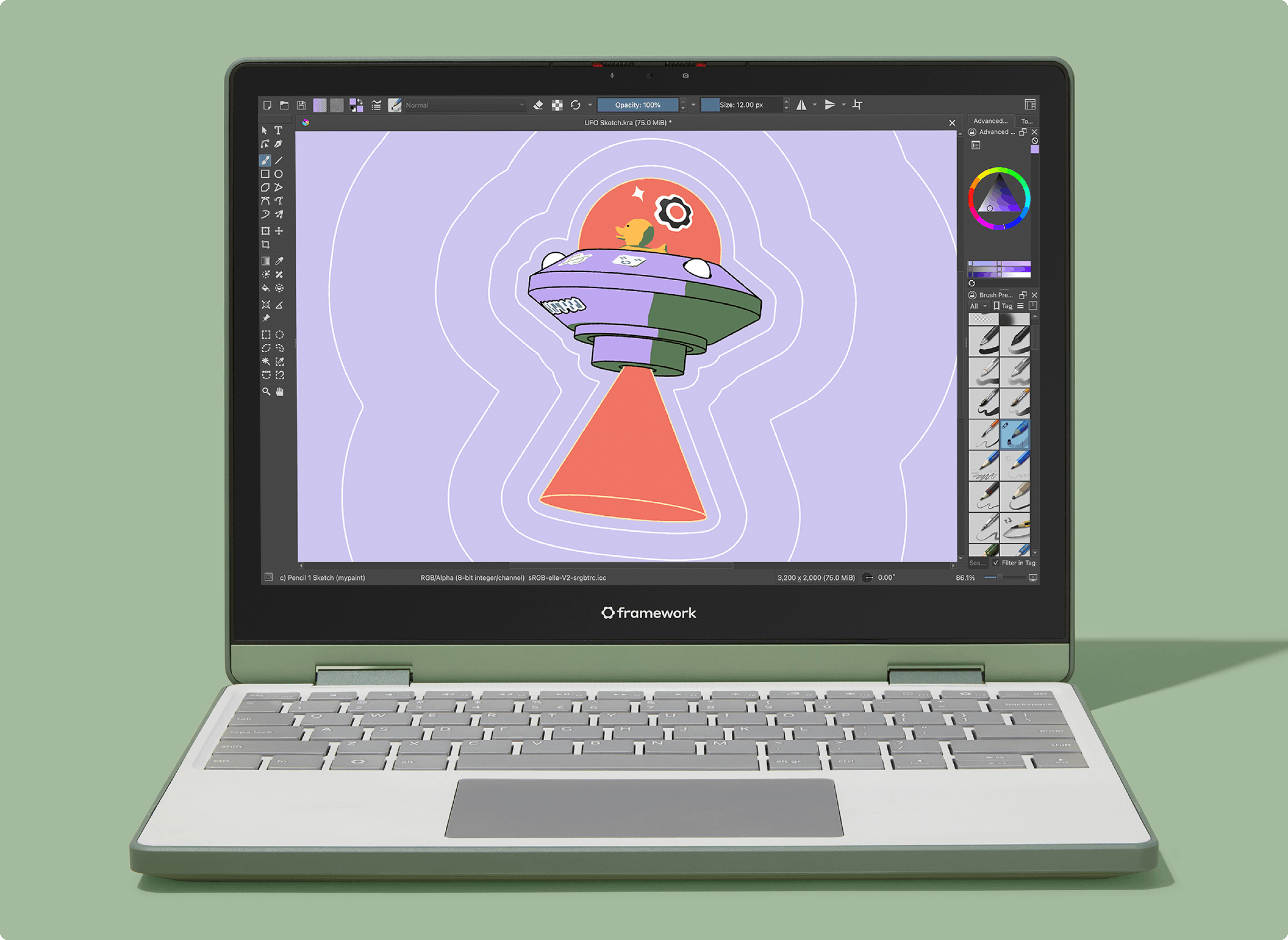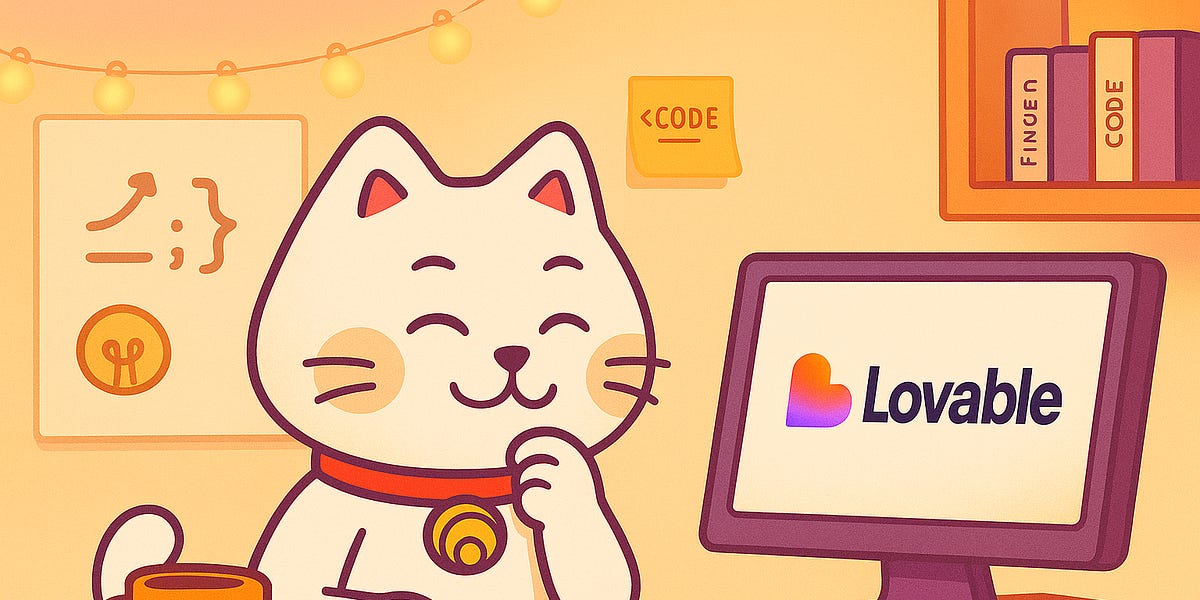The Twitter deal was looking like a $44 billion disaster. Then ChatGPT launched.
By
Alex Kirshner
Enter your email to receive alerts for this author.
Sign in or create an account to better manage your email preferences.
Are you sure you want to unsubscribe from email alerts for Alex Kirshner?
Unsubscribe from email alerts
May 28, 202512:16 PM

Sign up for the Slatest to get the most insightful analysis, criticism, and advice out there, delivered to your inbox daily.
Through a stroke of good fortune, Elon Musk’s otherwise disastrous purchase of Twitter has turned into one of the great business acquisitions of all time. Buying control of a president was a start. What if the deal bought him something even more valuable?
Musk’s purchase of Twitter, which closed in the fall of 2022, has undergone an odyssey. It was clear from the moment Musk made the deal that it was a terrible idea, on business terms. (“Elon Musk Just Impulse-Bought a $44 Billion Pain in the Ass,” our headline read.) Musk realized that soon enough and tried to nuke the deal with specious arguments about bots and mismanagement. When he finally relented, Musk was stuck with a money-losing property. The company’s prospects were so bad that the banks that loaned Musk billions couldn’t even off-load the debt. Nobody wanted to own a piece of a car fire.
Then Donald Trump won, rendering Musk a kingmaker and drastically improving the outlook for X’s business. Suddenly, bankers thought the platform looked like a good bet. X might always be a cash furnace on its own—we may never know, now that it’s private—but as a political tool, it has been amazing. The deal that Musk once tried to kill has given him the chance to put a vise grip on federal contracts and receive friendly regulations that benefit his other businesses.
Musk bought Twitter because he wanted to control his favorite plaything and mold it to his political whims. But the timing of the deal turns out to have made Musk an unstoppable force in the creation of internet slop via generative A.I., while providing enough financial buffer to mitigate his losses on the Twitter deal. Now Musk’s foothold in A.I. will become everyone else’s problem.
It was lucky that Musk 1) didn’t succeed in getting out of the Twitter deal and 2) bought it before the Democrats made a mess of the 2024 election and lost it to Trump. But another piece of the deal’s timing was, on pure financial terms, even luckier. The Twitter deal closed Oct. 28, 2022. Almost exactly one month later, OpenAI launched ChatGPT, which immediately became one of the most used apps in the world and created a stock-market infatuation with artificial intelligence that still has barely cooled.
Musk, a co-founder of OpenAI who had left the company over disagreements with its leadership, saw the most obvious business opportunity in the world. Twitter, which he would soon rename, was one of the internet’s great fire hoses of user-generated text. It would be optimal fuel for an A.I. model that needed to eat up people’s words to grow strong. By the following April, Musk said he was working on a “maximally truth-seeking” generative A.I. Now we have a good sense of what he meant by that.
Musk’s chatbot, Grok, has become an inescapable part of the user experience on X. It trains on the many millions of posts that publish on the site each day. It has a special tab on X’s app, and in recent months, it has become a prominent part of on-platform conversations. Under all kinds of viral tweets, you’ll see someone asking Grok to explain or verify what the original poster was talking about. (“Grok, explain this.”) X is also now home to an especially seedy kind of engagement bait, in which accounts that pay for boosted reach ask Grok to randomly pick winners of $100 from among the replies. (Really.)
For the most part, the bot is an unremarkable player in a market flooded with chatbots. Though Grok has both its own app and the advantage of being tied into an existing social media giant, its usage appears to be a decimal-point fraction of what ChatGPT gets. In a vacuum, it wouldn’t be worth caring about.
We aren’t in a vacuum, though. Because Grok is part of Musk’s empire and plugged directly into the microblogging app that the most terminally online political news consumers and media prefer, the text it spits out travels much further than anything ChatGPT might tell me in a private chat window. Just this month, the chatbot has cast doubt on the death toll of the Holocaust and become an avid promoter of the unfounded theory that “white genocide” is occurring in South Africa. Either Musk or someone working for him—Grok’s company, xAI, declined to say who—made a real-time code tweak to the chatbot, which resulted in the bot’s not wanting to talk about much other than white genocide.
Musk is the world’s most powerful champion of white South Africans, both in a very online way (retweeting a statement that their “genocide” is “the human rights cause of our lifetime”) and in a concrete political way (bending Trump’s ear about the United States’ taking on Afrikaner “refugees”). He has made vicious antisemitic comments in public. Musk developed a chatbot that is both ever-present on a major social media app and deeply reflective of his own politics. And this chatbot only grows stronger with each passing day, as millions of X posters furnish it with fresh nutrition to train on. A version of this dynamic is at play with every large language model; the entire generative A.I. industry depends on the theft of huge swaths of the internet. (Meta’s top public policy executive all but admitted that this week.)
But Musk’s chatbot is different: It doesn’t even have to cull the rest of the internet for all of its training, because it has an endless stream of training data flowing straight into it at all times. It’s right there in the terms of service: Musk’s right to deploy users’ posts “for use with and training of our machine learning and artificial intelligence models, whether generative or another type.” Various publishers in journalism and entertainment have sued generative A.I. companies over their unpaid use of the publications’ work to train their models. Maybe they’ll succeed, maybe they won’t, or maybe they’ll settle. But Musk’s bot stands apart from those legal battles, because when he bought Twitter, he bought A.I. training content too.
Musk didn’t know that ChatGPT would launch right after he closed his purchase of Twitter. In the two years after the deal, Twitter’s value dropped about 80 percent, according to asset manager Fidelity’s valuation of its own stake. But that turned out not to be a big problem for Musk either. His A.I. venture, xAI, simply bought X in March, valuing the social media platform at roughly what he paid for it minus $12 billion in debt. Musk’s fellow investors in both X and xAI did not seem to have a big problem with one of his companies purchasing another. If you go into business with Musk, this is just how it will go.
The richest person in the world bought Twitter to own a big chunk of the country’s political discourse, and he got even more political influence than he bargained for. That, however, has its limits. Even dominance of the conservative internet and nine figures in political donations did not totally insulate Musk in American politics when enough of Trump’s other allies got annoyed with him.
That Musk’s wealth has come mostly from his holdings of Tesla, a public company, has also kept him ever so slightly in check, even if you don’t believe that he’ll actually stay away from politics going forward. In this way, you could imagine Musk’s chatbot being extra useful. Musk is building a bot with an endless supply of inspiration from the people who post on his social network. It is a powerful mouthpiece, one that has already served to make Musk’s political points for him as he nominally backs away from the fray. It’s only a matter of time before he, or someone else, finds a fresh way to weaponize it.
Sign up for Slate's evening newsletter.









 English (US) ·
English (US) ·